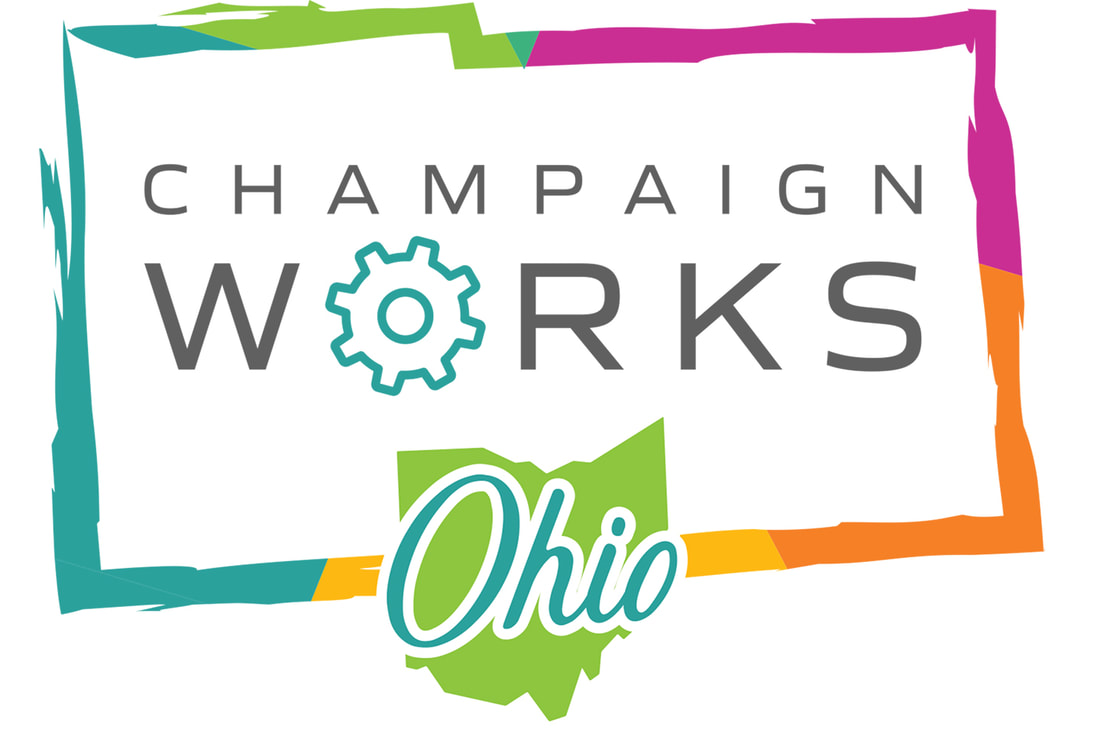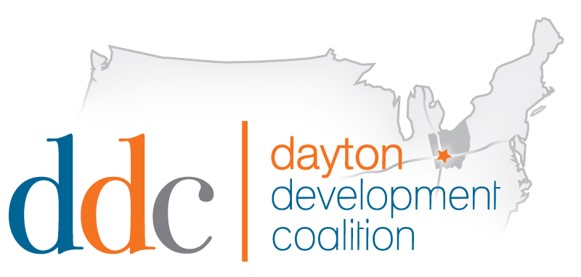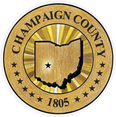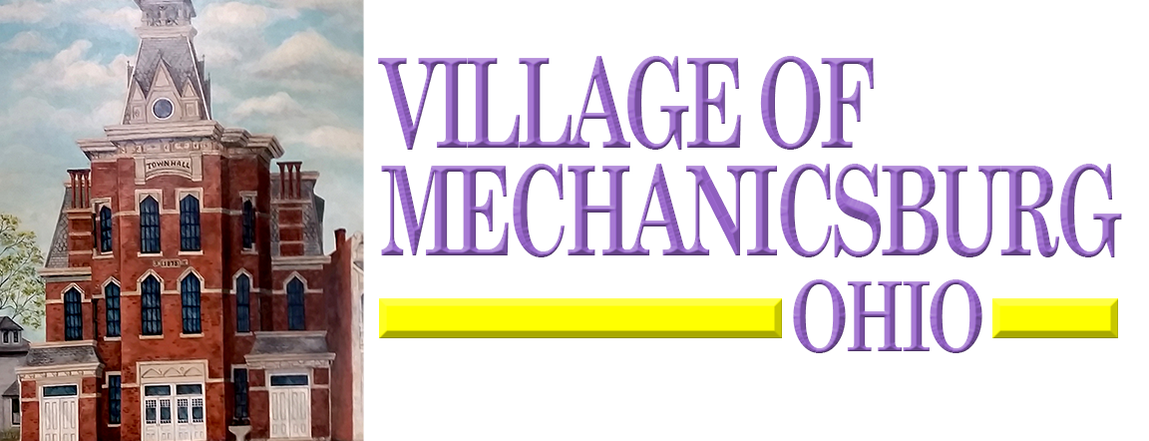Funds aimed to help small business hit by pandemic The Champaign Economic Partnership (CEP) and Champaign County Commissioners are announcing a 2nd round of CARES Act funds to Champaign County small businesses impacted by the Coronavirus pandemic. Businesses could be awarded up to $10,000 if approved for the grant. Businesses that have received approval from the 1st round of the CARES Act Grant administered by the CEP will not be eligible for the 2nd grant. “Over 50 local small businesses applied for the 1st round of CARES Act funds and after discussion with the Champaign County Commissioners, we decided to offer another application period to assist other eligible businesses," CEP Economic Development Director Marcia Bailey said. “Our local economy has been negatively impacted with the Coronavirus and our small businesses are some of the hardest hit,” said Bailey. “These funds are an expense reimbursement grant and will help get the businesses through this difficult time." To qualify for the grant program, businesses must:
Businesses that have received funding for expenses arising from the pandemic cannot submit the same expenses for reimbursement under the CARES Grant for Champaign County Small Businesses. “We are so appreciative of our small businesses and although there is great uncertainty, Champaign County is hopeful that businesses receiving these grant funds will successfully persevere through the COVID-19 pandemic,” Bailey added. Applications and grant guidelines are available at www.champaignworks.com/CARESGrantChampaignCounty beginning November 24, 2020. Application deadline is December 1, 2020 at 5:00 pm. Due to the short application period, we recommend you apply as soon as possible. In order to assist you, please send your questions to [email protected]. Businesses are also encouraged to visit https://businesshelp.ohio.gov for additional assistance. Governor DeWine announced CARES Act funding through the State of Ohio for small business and others that have been impacted financially by the pandemic.
The Douglas Hotel and the former North and South Elementary Schools are part of a collective renovation project to save the historic buildings and transform them into affordable senior living options.
It all started with some local leaders reaching out to Duane Miller, the president of F&C Legacy Place - a branch of Flaherty & Collins Properties - and a developer who has dedicated much of his career to saving and renovating historical buildings across the country. “I look for these kinds of historic projects,” says Indiana-based Miller. “It all started from a lead that there were some historic buildings that needed saving in Ohio.” Conversations led to many meetings between Miller, Flaherty & Collins, the City of Urbana, the Champaign Economic Partnership (CEP), Urbana City Schools' administration and board of education, and Resident Supports and Services, Inc. (RSSI), which is a local non-profit that provides housing for seniors and adults with developmental disabilities. The 17 units that are being built within the Douglas Hotel weren’t enough to secure the funding Miller wanted for the project. So he began looking to include the former North and South Elementary buildings as well. With another 24 housing units to be available between the two schools, Miller says the total of 51 units was more of the scale of what he was hoping for to get the project off the ground. Though shutdowns because of the COVID-19 pandemic caused some delays in processing paperwork and funding early this year, Miller says the community-focused group of supporters pushed forward. The project was able to secure $13 million in financing, including federal and state Historic Tax credits, low income housing credits, an Ohio Housing Finance Agency loan, and a construction loan. “That’s really how this got pulled off,” Miller says. “This is totally a community effort – kudos to all those who were involved in helping.” CEP Executive Director Marcia Bailey says she almost had to pinch herself when work officially started on the buildings because it was like a dream come true after so many years of collaboration and work to get the project started. “Today, it looks like ‘ants’ in every building,” Bailey says. “There are construction crews in there, and you can see where they’re working from outside by building by the different lights on in different windows every day.” Bailey says that though people driving through downtown Urbana won’t see much of a difference outside the building’s front, that behind the building is full of crews working hard to make all the updates to the interior. “The Douglas Hotel was the anchor of the Southwest corner of downtown,” she says. “Some thought it should be torn down and others wanted to save it because of it’s history. This is the perfect mix of both; it will be revitalized into something new. “The building finally is going to be use. It’s going to be a beautiful building again and not an eyesore with boarded up windows. Just that ambiance of what it’s going to look like, let alone the income that’s going to be generated in the downtown by the merchants – it’s going to be huge.” With more updates to be done to the Douglas Hotel than to either school building, Miller says the plan is for renovations to the school to wrap up in May and for the Douglas living spaces to be ready by the end of 2021. He says lease options will open about 90 days before each project’s completion. One of the things both Bailey and Miller say is most exciting about the projects is the uniqueness that will be offered in each unit. Because the buildings are pre-existing and historic, there won’t be any “cookie cutter” designs. Units will be different sizes with different layouts and designs. And, some special historic features will be left in the buildings so the flavor of what makes them historic won’t be lost. For example, many of the chalkboards in the school buildings will stay in place and be built into the new living units. Also in the school buildings, the stages and gyms will remain as open community spaces where residents can dance, play bingo, or possibly even watch youth performances. Miller says he’s working with the Champaign Family YMCA to find possible programming and education opportunities. “We want to build that community environment,” he says. “You want to create that family and that community feeling.” Though Miller himself isn’t from Urbana, he wanted to ensure that the buildings stay meaningful and useful for people locally. He wants them to be a part of the community, and he says the investment from local individuals has been key to the entire project. “To their credit, to their teams’ credit – not every community gets in and do what they do,” Miller says. “You need those ‘boots on the ground’ people who care and really get it. You can’t just pull this off just being a developer. You need to be a developer who plugs into the community and gets support – and that’s just what happened here.” Recently, Ohio Governor Mike DeWine and Lt. Governor Jon Husted announced that the administration, in partnership with the General Assembly, developed a package of more than $419.5 million CARES Act funding to help Ohioans.
The package includes $125 million in CARES Act funding to provide grants to small businesses with no more than 25 employees. The grant funding will help businesses pay for a variety of expenses, including mortgage or rent payments; utility payments; salaries, wages, or compensation for employees and contractors; business supplies or equipment; and other costs. Each business that meets the criteria and submits a complete application will be eligible for a grant of $10,000 in accordance with the following guidelines:
Applications and grant guidelines are available here: www.champaignworks.com/CARESGrantChampaignCounty Application deadline is November 13, 2020 at 5:00 pm. Due to the short application period, we recommend you apply as soon as possible. In order to assist you, please send your questions to [email protected]. Businesses are also encouraged to visit https://businesshelp.ohio.gov for additional assistance. Governor DeWine announced CARES Act funding through the State of Ohio for small business and others that have been impacted financially by the pandemic
On November 14, 1935, 500 people, mostly rural residents, gathered in Piqua to celebrate the groundbreaking and erection of the first electric cooperative pole in the nation. That pole would go on to support 193 miles of power line and bring electricity to 700 rural farms with the help of Miami Rural Electric Cooperative, Inc. The newly constructed lines served the three county cooperatives — Miami, Shelby and Champaign — which would merge six months later to become Pioneer Rural Electric Cooperative, Inc., a utility company owned by the people it served. It would be another six months after the initial pole setting that the first home, electrified by Pioneer, would see the lights come on.
“We are thankful to be celebrating 85 years of providing electric service to our area,” said Pioneer President and CEO Ron Salyer. “We have a deep appreciation for our membership and the strong trustees, leadership, and employees who have helped shaped Pioneer along the way.” The formation of the electric cooperative ultimately made the rural way of life easier, from making daily tasks more efficient to simply having light when it would otherwise be dark. That innovative spirit is not only a part of the co-op’s past but continues to play a role in the way Pioneer operates today. Pioneer was an early tester and adopter of the radio-controlled load management program as well as the Supervisory Control and Data Acquisition (SCADA) system. The SCADA system, which monitors and controls field devices remotely, was implemented in 1987 and continues to be a valuable tool today. Consistently being on the progressive edge of technology, compared to other cooperatives, has provided Pioneer the opportunity to have input on software distributed to other cooperatives throughout the country. Throughout the past 85 years, Pioneer has built a tradition of providing safe, high quality, and responsive service to nearly 17,000 members in its primary territory of Champaign, Miami, and Shelby counties, as well as portions of the eight surrounding counties. The cooperative is headquartered in Piqua and has a district facility in Urbana. “Our mission has always been to provide safe, high quality, reliable electric service to our member-consumers,” said Salyer. “We continue to hold Pioneer to a high standard, which is what our members expect and deserve.” |
Archives
February 2024
Categories
All
|
|
CEP Office Location:
40 Monument Square, Suite 306 Urbana, Ohio 43078 937-653-7200 |
All drone photography courtesy of Jassen Dobyns of UAVisions LLC. Additional photography courtesy of Dave Millner of the Champaign Camera Group.
Website by Berry Digital Solutions, LLC Urbana, Ohio |
Click on the logos for more information.


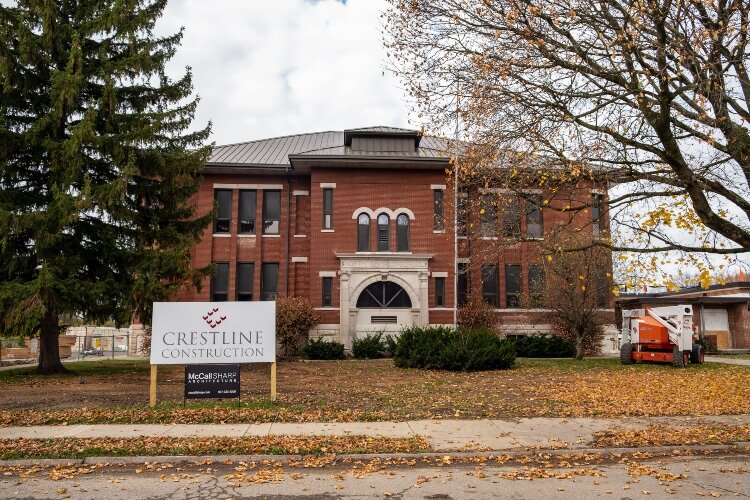

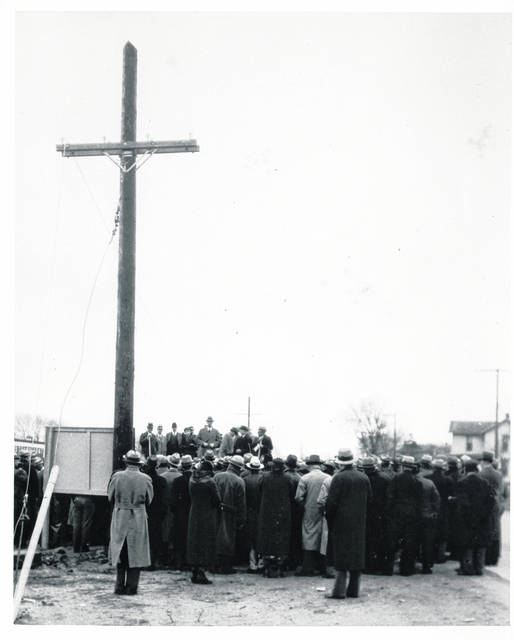
 RSS Feed
RSS Feed

